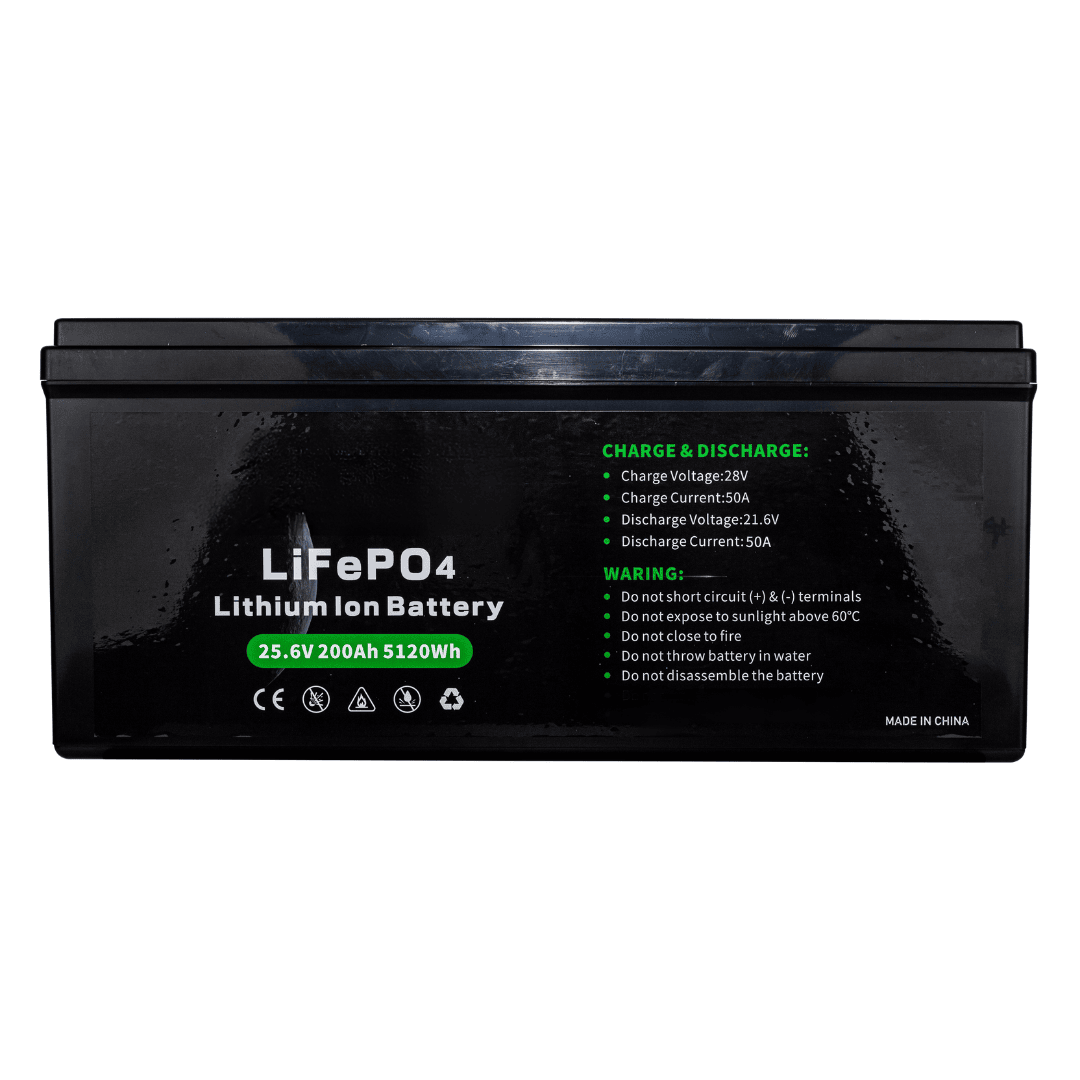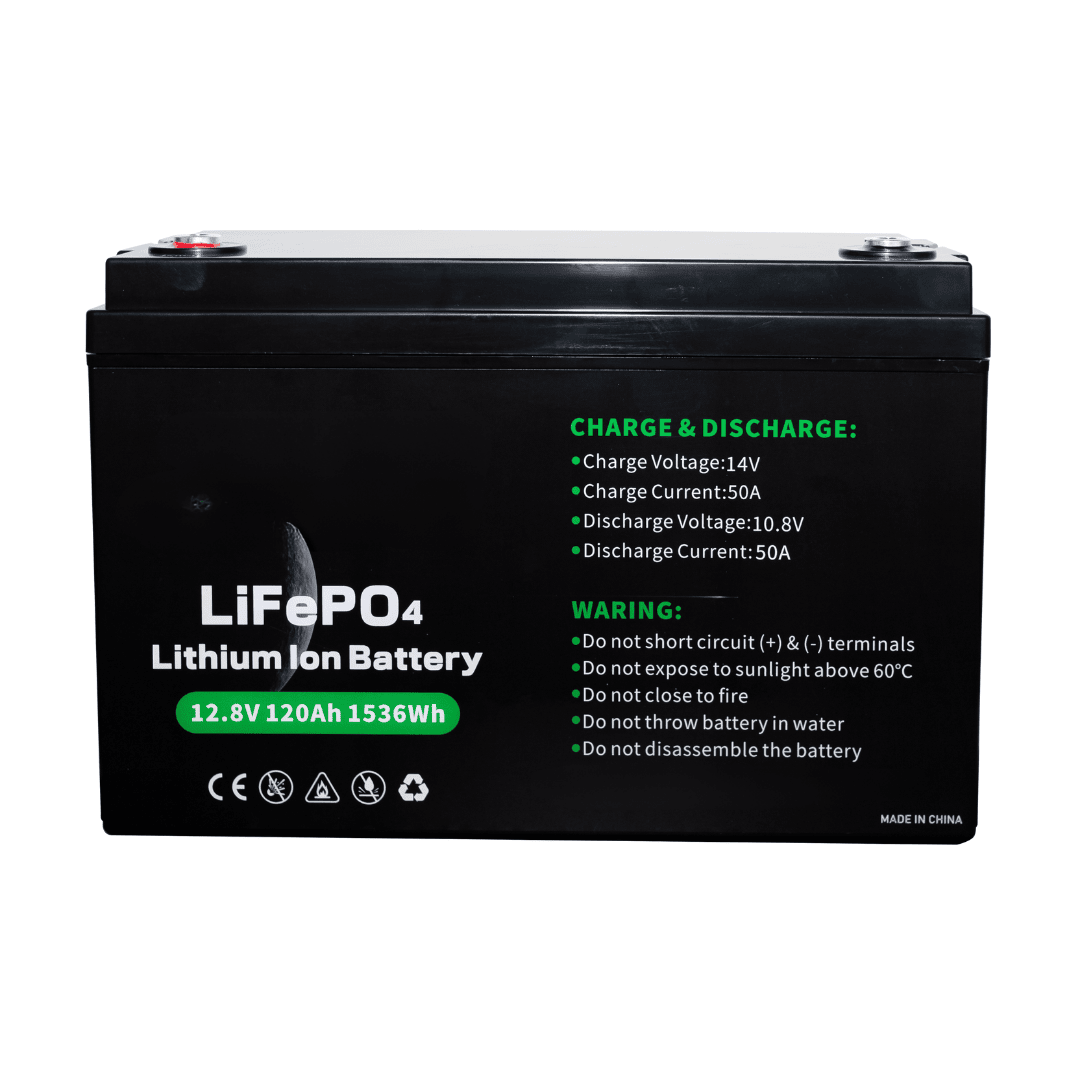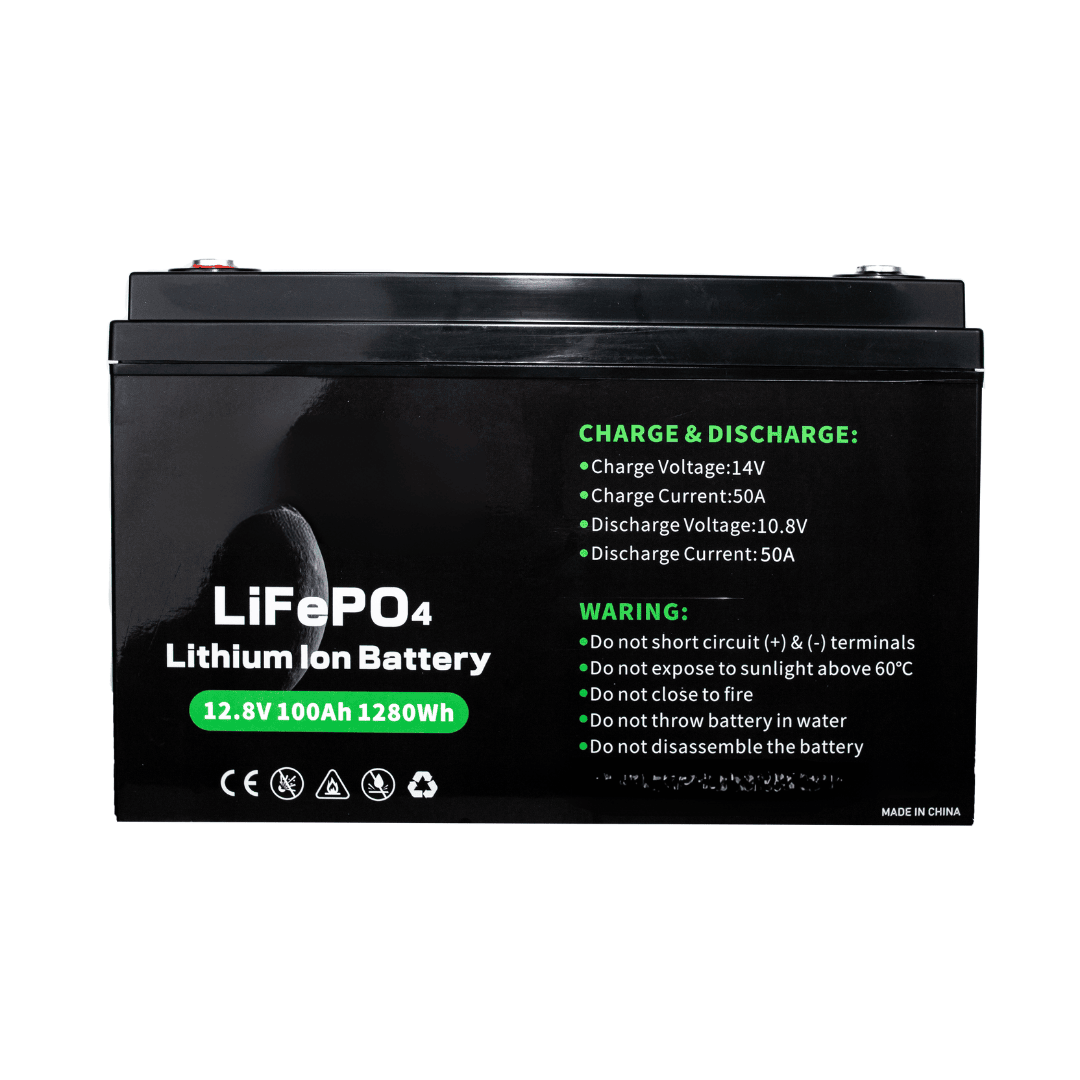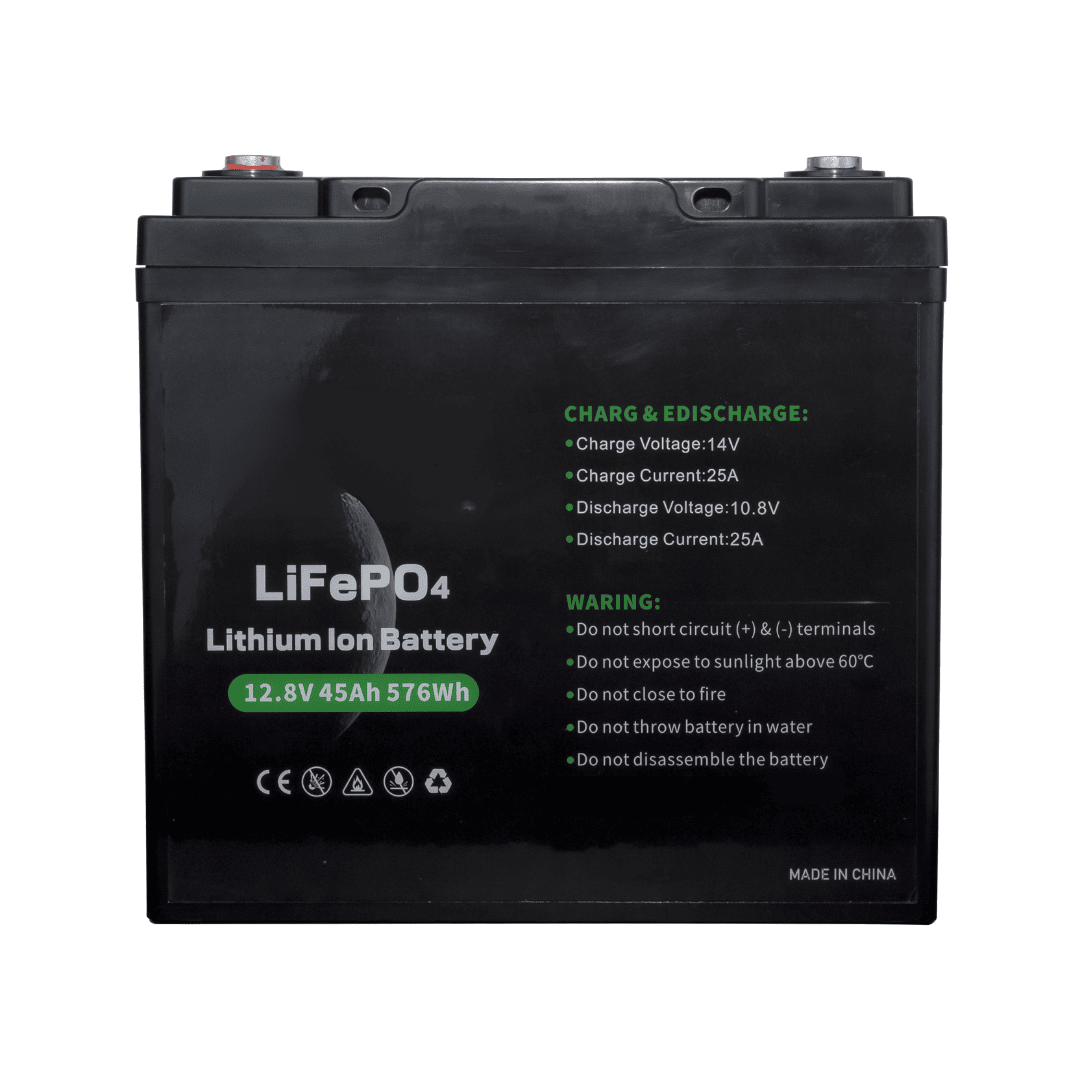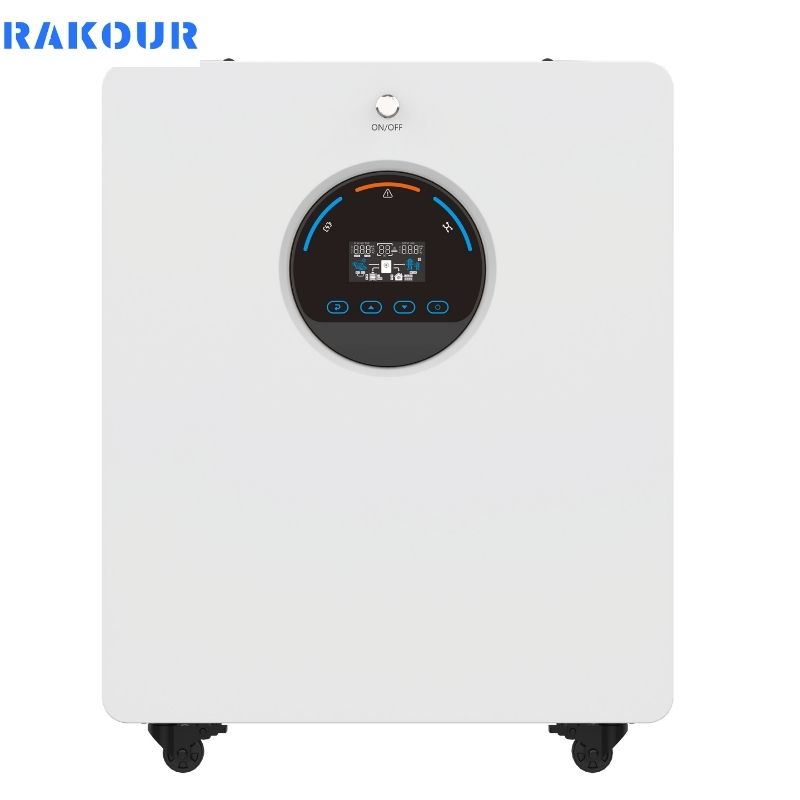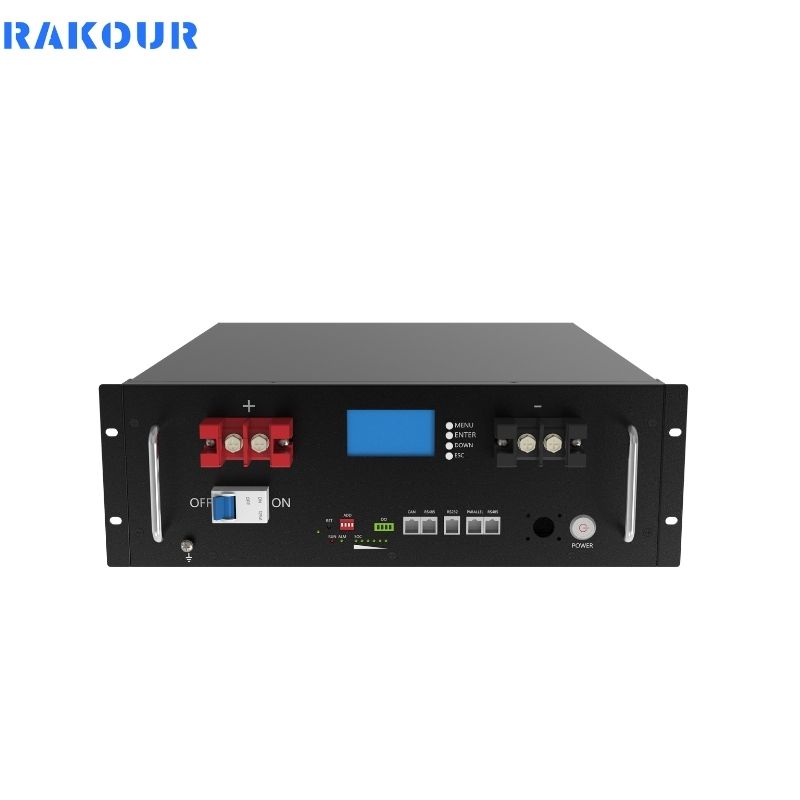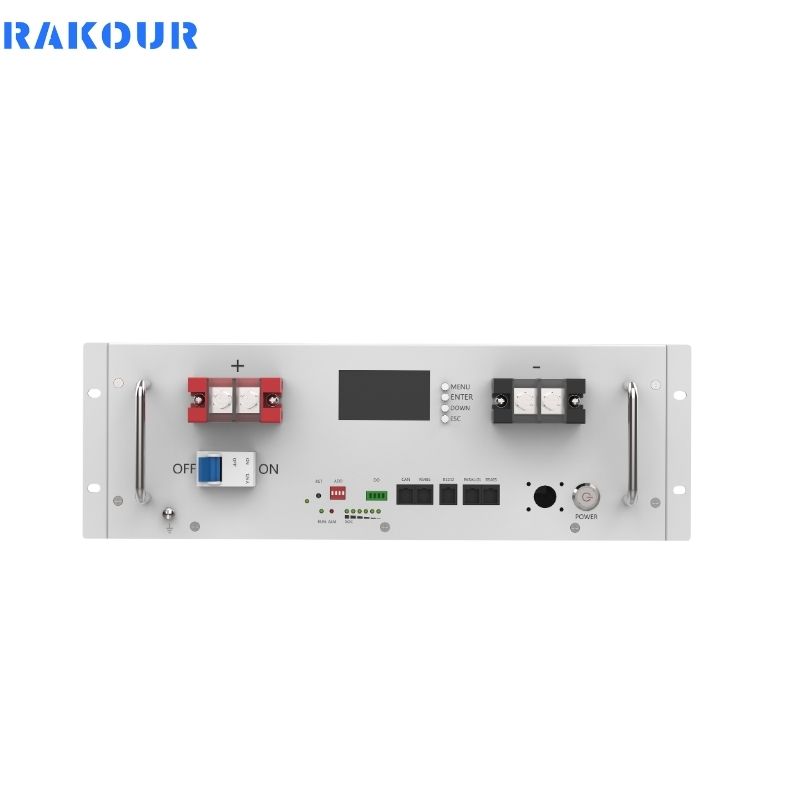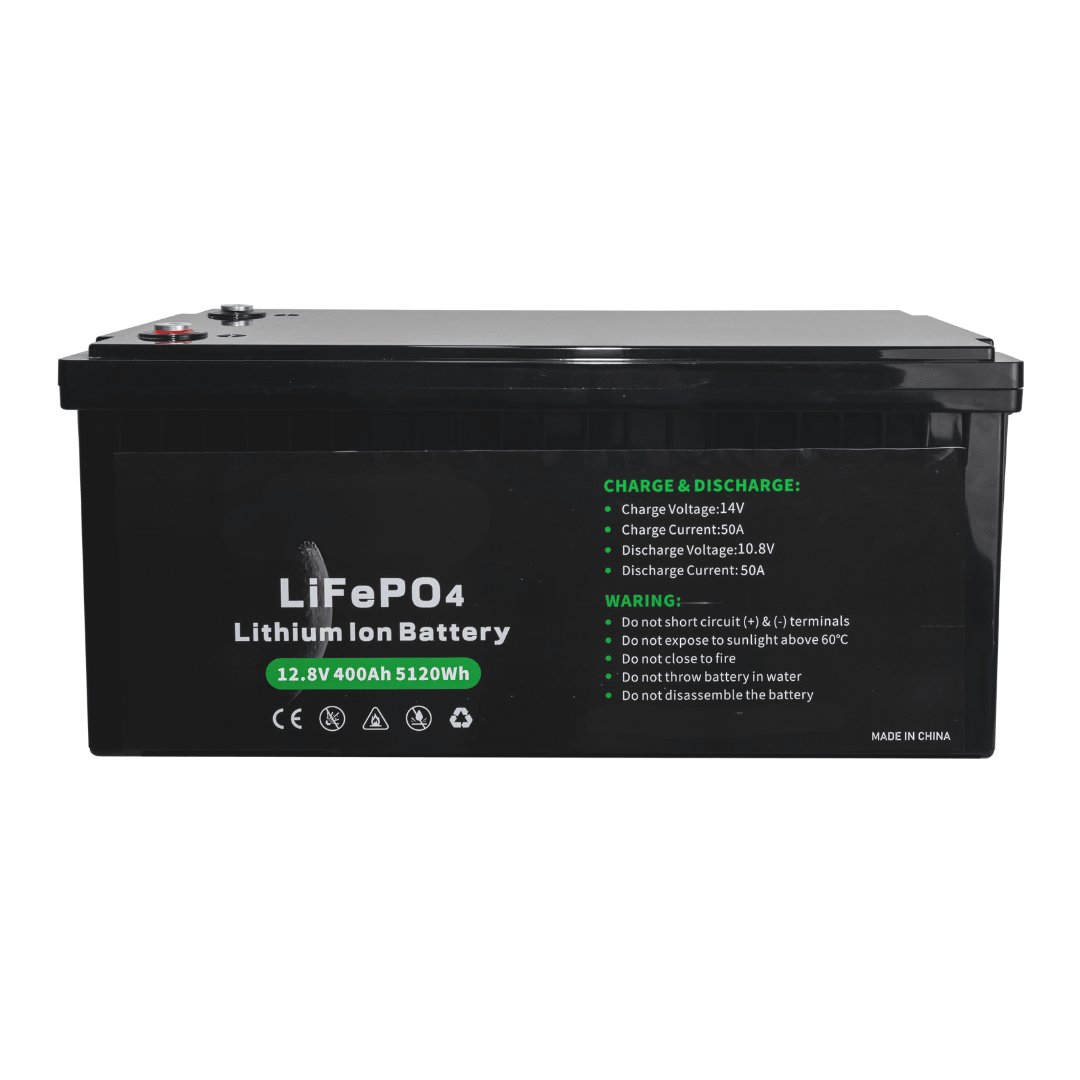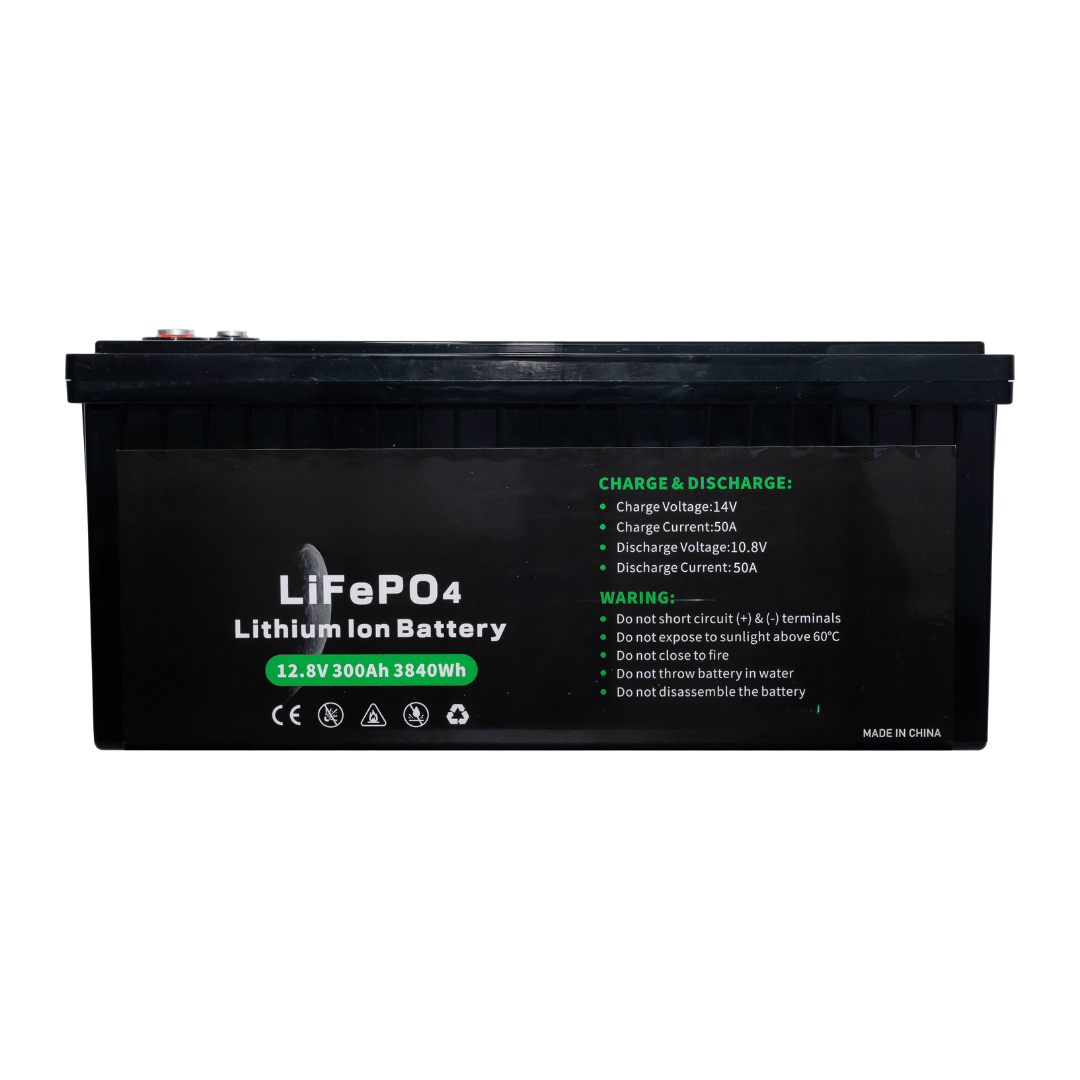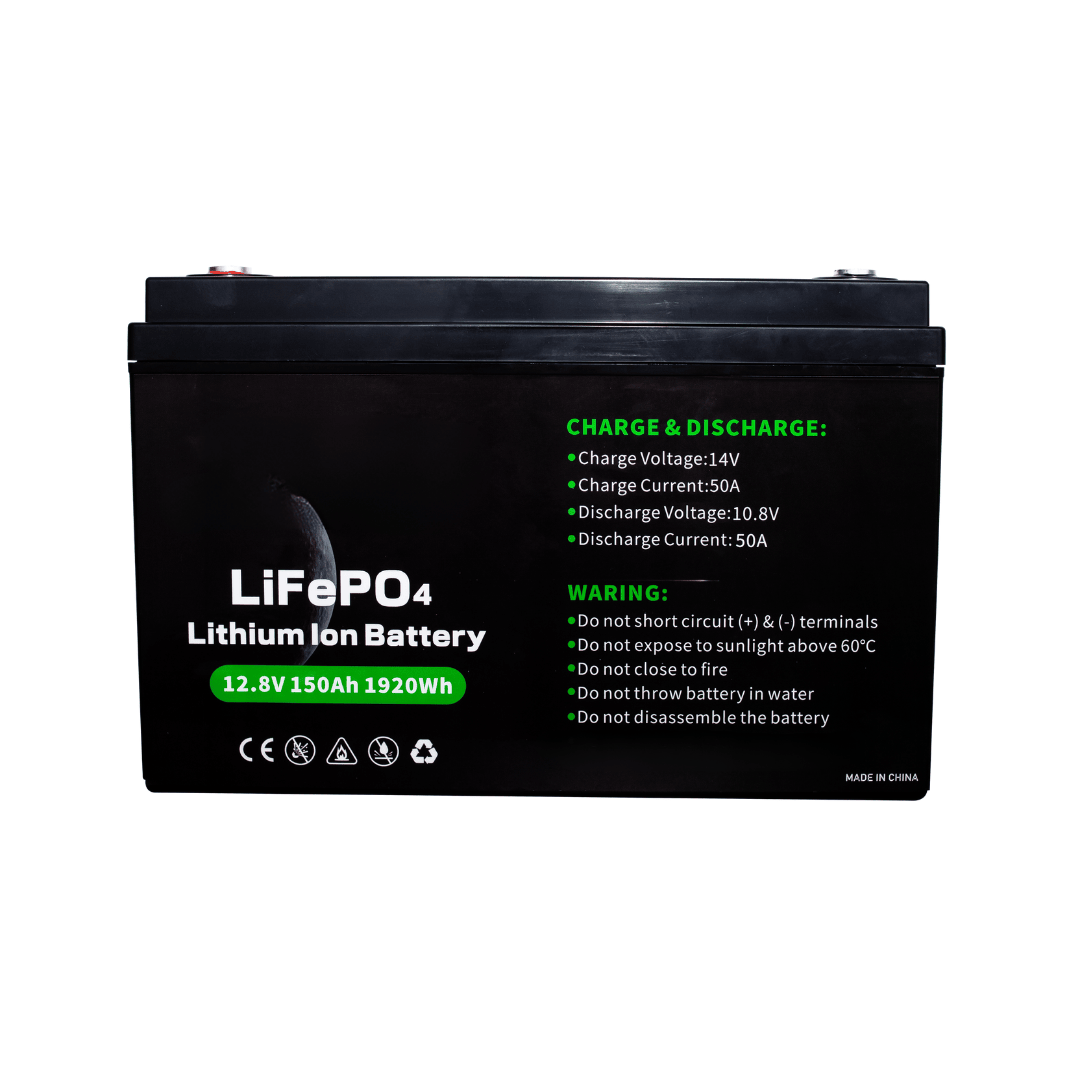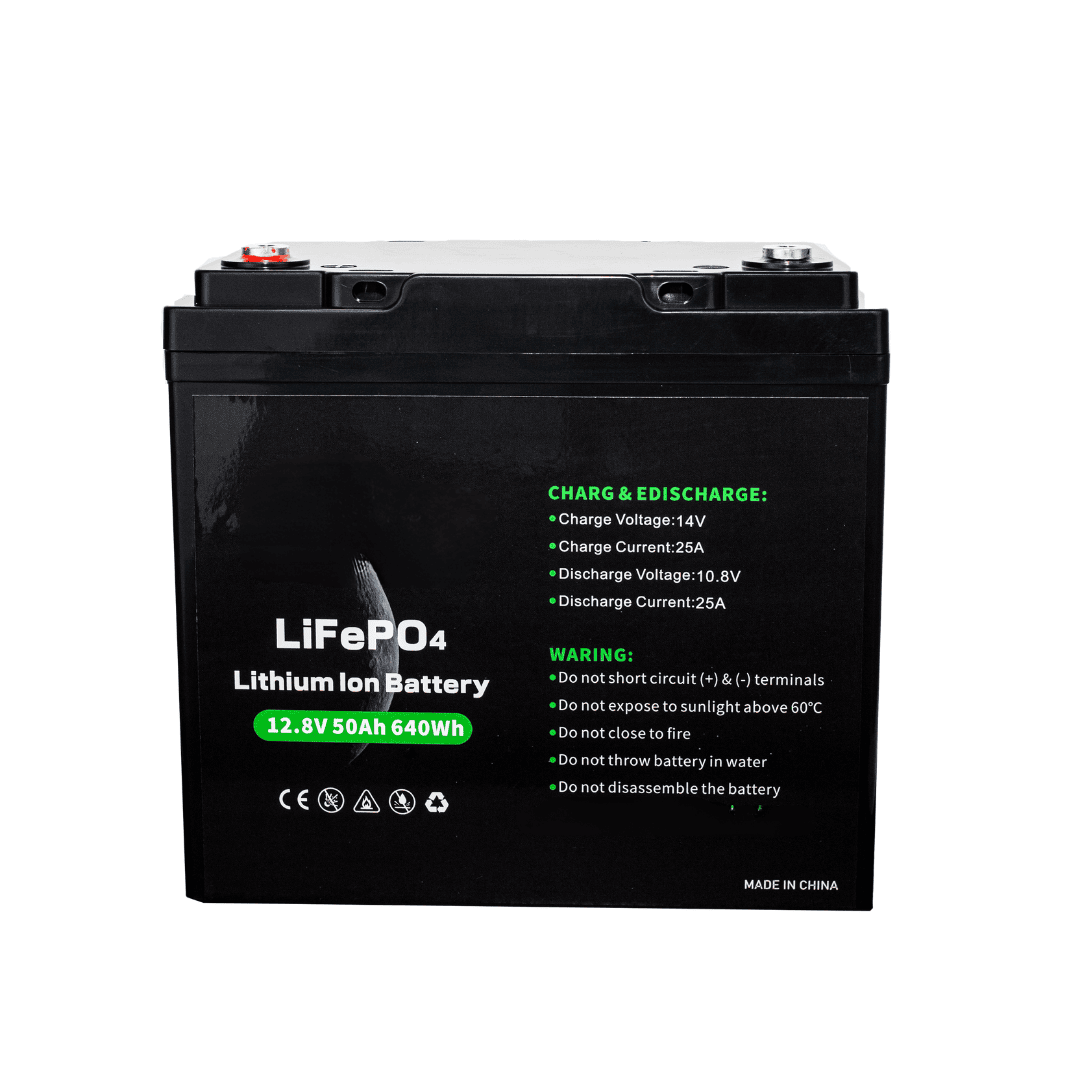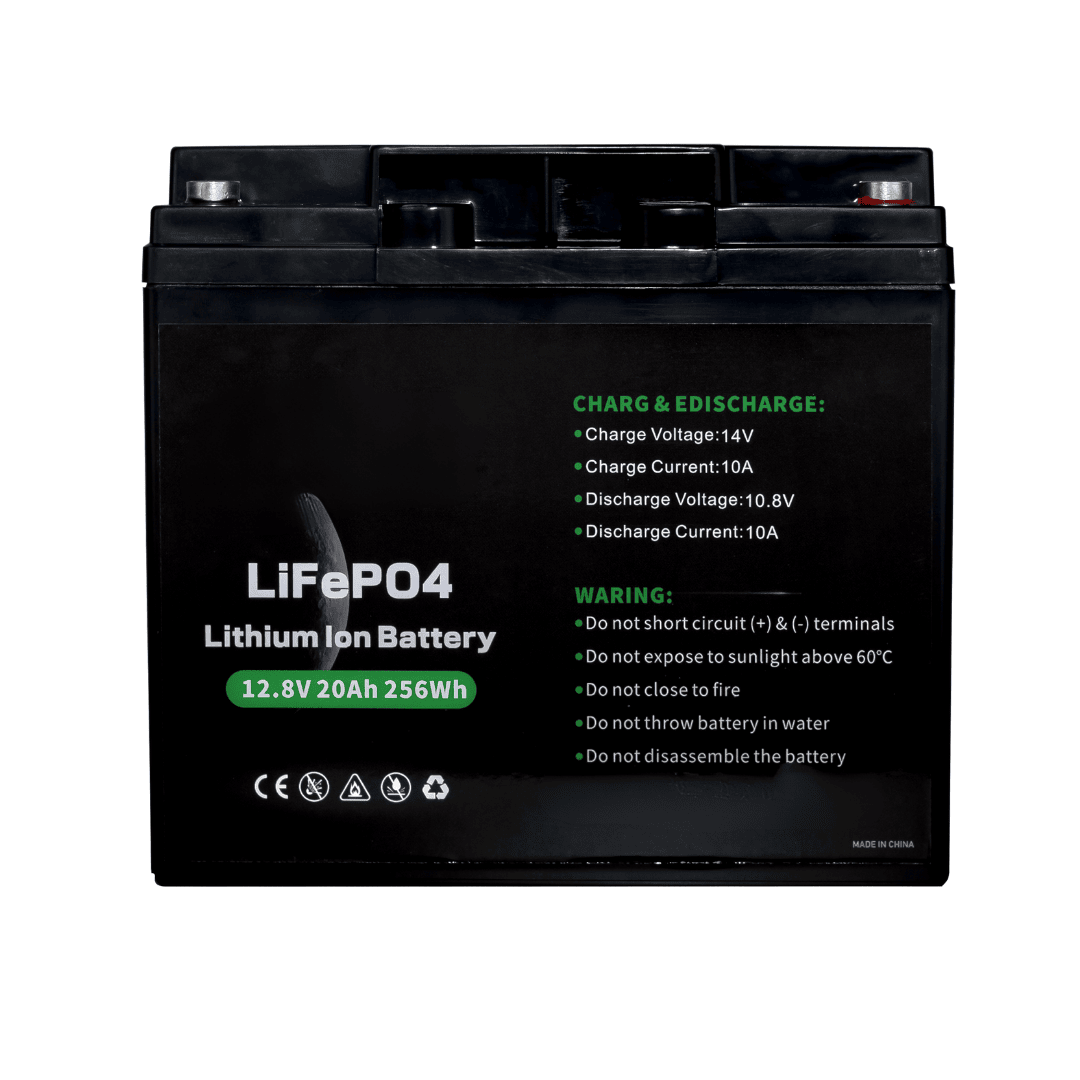Introduction to 12v Lithium Batteries
The 12v lithium battery has emerged as a game-changer in the automotive and energy sectors, offering a blend of performance, efficiency, and longevity that traditional lead-acid batteries simply cannot match. As we transition towards more sustainable energy solutions, understanding the intricacies of 12v lithium batteries becomes paramount for consumers and manufacturers alike.
Lithium batteries are celebrated for their higher energy density, which allows them to store more energy in a compact form factor. This characteristic is particularly advantageous for electric vehicles (EVs), where minimizing weight can significantly enhance performance and range. Additionally, the 12v 100ah lithium battery variant exemplifies how these batteries can deliver substantial power while remaining lightweight, making them ideal for various applications beyond just automotive use.
Another compelling feature of lithium batteries is their rapid charging capability. Unlike traditional lead-acid batteries that can take up to eight hours to charge fully, a 12v 100ah lithium ion battery can be charged in less than two hours. This efficiency not only saves time but also adds convenience for users who rely on their vehicles or equipment for frequent use. According to Battery University, lithium-ion technology is known for its low maintenance and high energy density, making it an ideal choice for modern applications.
In this article, we will delve deeper into the advantages and disadvantages of using a 12v battery lithium, providing insights that will help you make an informed decision about whether to switch from lead-acid to lithium technology.
Advantages of Using a 12v Lithium Battery Over Lead-Acid Batteries
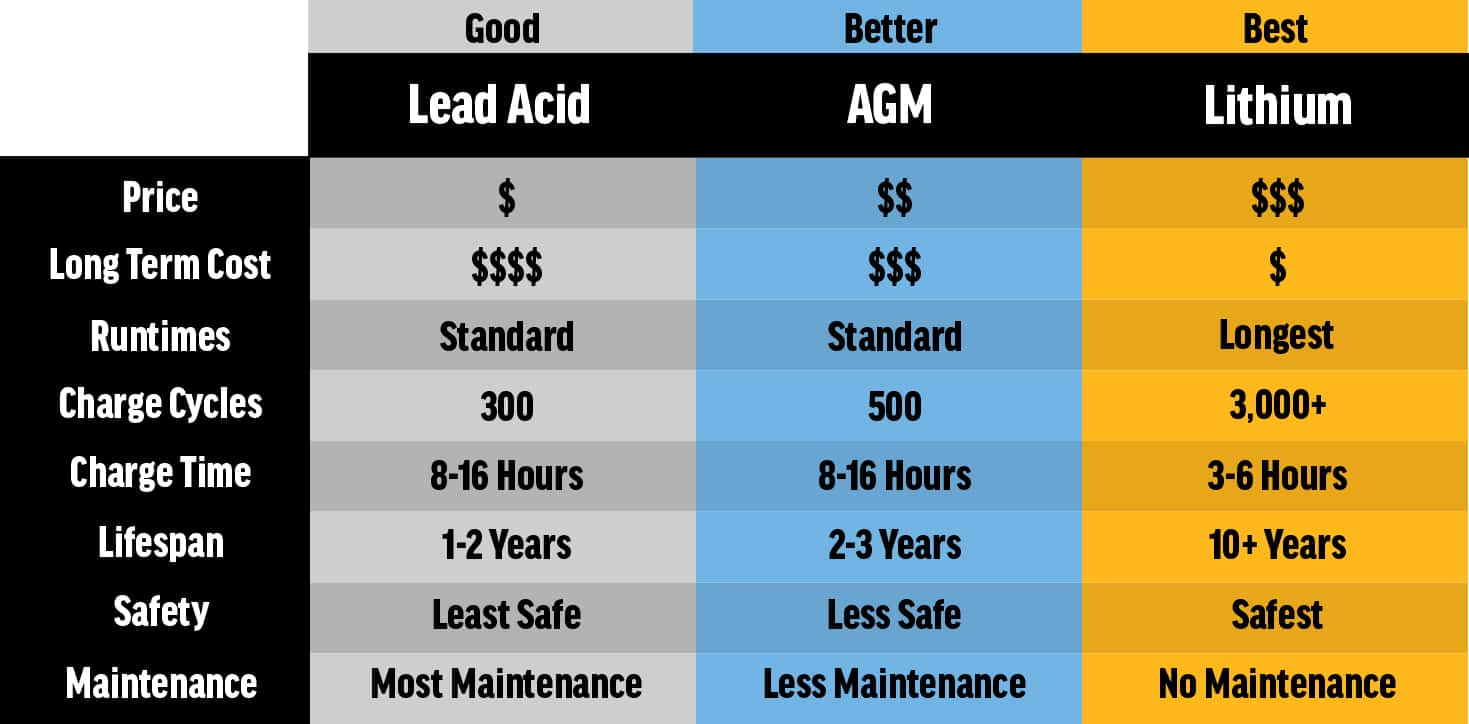
When evaluating the benefits of a 12v lithium battery, several factors stand out that illustrate why many users are making the switch from traditional lead-acid batteries.
Higher Energy Density and Efficiency
- Energy Density: The 12v lithium battery offers a significantly higher energy density compared to its lead-acid counterparts. This means that for the same physical size, it can store more energy, which is crucial for applications where space and weight are at a premium. As noted by the Clean Energy Institute, lithium-ion batteries can achieve energy densities as high as 330 watt-hours per kilogram (Wh/kg), far surpassing lead-acid options.
- Efficiency: In terms of energy conversion, lithium batteries outperform lead-acid options. They exhibit lower self-discharge rates, allowing them to retain their charge longer when not in use. This efficiency translates into longer runtimes and improved overall performance in demanding applications such as electric vehicles.
Longer Lifespan
- Cycle Life: One of the most significant advantages of lithium technology is its impressive cycle life. A 12v 100ah lithium battery can endure between 2,000 to 5,000 charge-discharge cycles. In contrast, traditional lead-acid batteries typically last only between 300 to 1,000 cycles. This longevity not only reduces replacement frequency but also contributes to lower long-term costs.
Faster Charging
- Charging Speed: The rapid charging capabilities of lithium batteries are a game-changer. While lead-acid batteries may require up to eight hours for a full charge, a 12v 100ah lithium ion battery can achieve this in under two hours. This quick turnaround is particularly beneficial for users who need their equipment ready for action without long downtimes.
In conclusion, the advantages of using a 12v lithium battery over traditional lead-acid batteries are compelling. From enhanced efficiency and longer lifespan to faster charging times, these benefits make lithium an attractive option for modern automotive applications and beyond.
Disadvantages of Lithium Batteries
Despite their numerous advantages, potential users should also be aware of certain drawbacks associated with 12v lithium batteries that could influence their decision-making process.
Higher Initial Cost
- Cost: One of the most significant barriers to adopting lithium technology is the higher initial cost compared to traditional lead-acid batteries. For those on a tight budget or looking for cost-effective solutions for less demanding applications, this upfront investment may seem daunting.
If you’re considering making the switch but have questions about costs or specific applications, don’t hesitate to reach out! Contact us today for personalized advice tailored to your needs.
Safety Concerns
- Thermal Runaway: Another critical consideration is the safety risks associated with lithium batteries. If not managed properly through sophisticated battery management systems (BMS), these batteries can be susceptible to overheating and thermal runaway—a condition where excessive heat leads to fires or explosions. According to research from UL, ensuring proper installation and monitoring is essential to mitigate these risks.
For those interested in understanding how to safely assemble and manage these systems, check out our guide on how do I assemble a 12v lithium battery pack with 3.7V 18650mAh cells.
In summary, while the benefits of using a 12v battery lithium are significant, potential users must weigh these advantages against the higher initial costs and safety concerns before making a switch.
Performance Comparison: Lithium vs Lead-Acid Batteries
To make an informed decision about whether to use a 12v lithium battery or stick with traditional lead-acid options, it’s important to understand how they perform across various metrics.
| Feature | Lithium Battery | Lead-Acid Battery |
|---|---|---|
| Energy Density | High | Low |
| Lifespan | 2,000 – 5,000 cycles | 300 – 1,000 cycles |
| Charging Time | Fast (2 hours) | Slow (up to 8 hours) |
| Weight | Lightweight | Heavier |
| Cost | Higher initial cost | Lower initial cost |
| Safety Risks | Overheating potential | Generally safer |
From this comparison table:
- The energy density of lithium batteries allows them to provide more power without adding significant weight—an essential factor in applications like electric vehicles.
- Lithium’s superior lifespan means fewer replacements over time, which can offset its higher initial cost.
- The rapid charging capabilities of lithium technology provide convenience that traditional options simply cannot match.
While both types have safety considerations, it’s crucial to note that lithium requires more stringent management due to its thermal runaway risks.
In conclusion, understanding the performance comparison between a 12v lithium battery and traditional lead-acid options is essential for making an informed decision based on specific needs and applications. For further insights on how these technologies stack up against AGM deep-cycle batteries, visit our article on how do 12-volt lithium-ion batteries compare to 12-volt AGM deep-cycle batteries.
Applications for Lithium Batteries in Automotive Use
The versatility of the 12v lithium battery extends far beyond just electric vehicles; it has become integral across various sectors due to its performance advantages over traditional technologies.
- Electric Vehicles (EVs): The primary application for lithium batteries lies within electric vehicles where their lightweight nature and high energy density significantly enhance performance and range.
- Hybrid Vehicles: Many hybrid vehicles leverage lithium technology to optimize fuel efficiency by providing additional power without substantially increasing weight.
- High-Performance Sports Cars: In high-performance sports cars, manufacturers often opt for lithium batteries due to their ability to deliver rapid bursts of power while keeping overall vehicle weight low.
Beyond automotive uses:
- Marine Applications: Lithium batteries are increasingly utilized in marine settings because they can withstand deep cycling and harsh environments without compromising performance.
- Power Tools and Equipment: Many modern power tools employ this technology because they offer longer run times without adding excessive weight—ideal for professionals who need reliable equipment on job sites.
If you’re interested in exploring how a 12v 100ah lithium battery can enhance your vehicle or equipment’s performance, get in touch with us today!
In summary, the applications for a 12v 100ah lithium battery extend well beyond just electric vehicles; they are becoming integral across various sectors due to their performance advantages over traditional battery technologies.
Cost Analysis: Is a Lithium Battery Worth It?
When contemplating whether investing in a 12v battery lithium is worthwhile, it’s vital to evaluate both short-term costs and long-term savings comprehensively.
Long-Term Cost Savings vs Initial Investment
Although the upfront price tag of a lithium battery may be higher than that of lead-acid alternatives, considering factors like lifespan and efficiency gains over time reveals potential savings. For example:
- If you replace a lead-acid battery every three years at an average cost of $100 each time versus investing $500 upfront for a 12v 100ah lithium ion battery that lasts ten years without replacement costs; over time you would save $200 despite the higher initial investment.
Environmental Considerations
Additionally, environmental factors play an increasingly vital role in determining whether switching to a 12v 100ah lithium battery is worth it. According to UL research on environmental impacts, while recycling of lithium-ion batteries is not yet optimized, long-term use can reduce consumption and electronic waste . Furthermore, using renewable energy sources means we get fuel from naturally replenished resources that create fewer carbon emissions than fossil fuels .
For those curious about how voltage affects your system’s performance or lifespan considerations related to discharge levels, check out our article on at what voltage is a 12 volt lithium battery considered dead.
In conclusion, while the upfront cost of a 12v lithium battery may seem daunting initially, considering long-term savings on replacements along with environmental benefits makes it an attractive option worth serious consideration.
recommended reading
Conclusion
In summary, transitioning from traditional lead-acid batteries to a 12v battery lithium presents numerous benefits alongside certain challenges. The key points discussed include:
- Enhanced efficiency through higher energy density
- Longer lifespan leading to potential cost savings
- Rapid charging capabilities suited for modern demands
However:
- Higher initial costs may deter some users
- Safety concerns related to thermal runaway necessitate proper management
Ultimately, your decision should align with your specific needs—whether you prioritize performance enhancements in electric vehicles or require budget-friendly solutions for less demanding applications. By weighing these factors carefully against your requirements and considering insights from industry experts , you can make an informed choice that best suits your automotive needs while considering future advancements in battery technology.
Learn How RAKOUR Can help you deploy
future-proof energy
Our team of energy storage experts will take the time to fully understand your business, challenges , and opportunities.

Choosing the Best Li Ion Battery
Choosing the Best Li Ion Battery explores essential factors in selecting lithium-ion batteries, including technology,

The Future of RV Batteries Explained
Explore the future of RV batteries with insights into technological advancements, market trends, and sustainability.

Applications of LiFePO4 Lithium Battery
LiFePO4 (Lithium Iron Phosphate) batteries are increasingly utilized across various sectors due to their safety,

How do I make a 12 volt 4.5 with a lithium battery?
Creating a 12V lithium battery pack involves assembling multiple 18650 lithium-ion cells in a series

Exploring Lifepo4 Lithium Battery for Solar Applications
Lifepo4 lithium battery are becoming the preferred choice for solar applications due to their superior

Understanding Li Ion Battery Applications
Explore the diverse applications of li ion batteries across various industries, from consumer electronics to
FAQs


